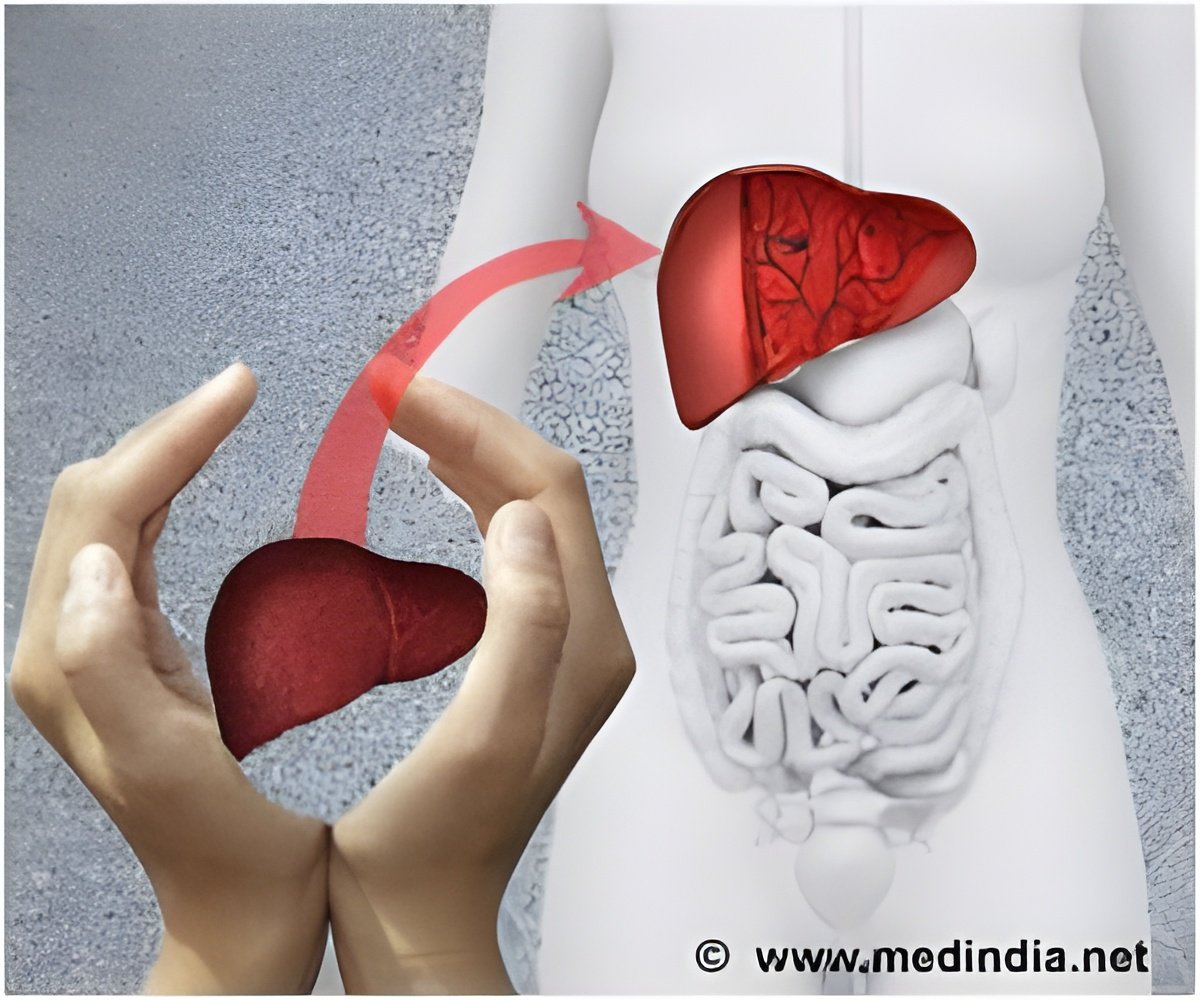Research reveals that 57% of liver transplant centers use living donor evaluation consent forms that include all the elements required by the Centers for Medicare and Medicaid Services (CMS).

In addition, the Yale researchers found that only 17% of transplant centers' evaluation consent forms offer an alibi to potential donors. An alibi is a statement of unsuitability for donation that a transplant center can provide to an individual who decides that he or she does not want to donate. The OPTN guidelines for living liver donors endorse the use of alibis to help ensure that individuals are free from undue pressure to donate.
The first successful U.S. living liver donor transplant was performed in 1989. Living liver donors account for 4% of the 7000 transplants occurring each year in the country. In contrast, approximately one-third of transplanted kidneys come from living donors. Prior studies suggest the relative infrequency of living liver donation is due to the complexity of the procedure and greater mortality and morbidity risk to living liver donors.
"Our study is the first to systematically examine written informed consent for living liver donor evaluation donation in the U.S.," explains lead author Dr. Carrie Thiessen from Yale School of Medicine in New Haven, Conn. "Our findings reinforce the need for standardization of living liver donor liver evaluation consent forms. We also recommend that written offers of alibis be included in consent forms to help preserve donor autonomy. Evaluation consent forms should explicitly address whether a transplant center will or will not disclose a potential donor's decision to decline donation, reason for opting out, and health details following withdrawal."
Dr. Thiessen concludes, "We hope that our study results will inform the current OPTN and UNOS efforts to revise national living liver donor policy and will aid transplant centers in improving the clarity of their living donor consent documents."
Dr. David Mulligan contributing author and Chair of the UNOS Liver & Intestine Committee agrees, "This study emphasizes the importance of building transparency in the living liver donor programs by standardizing the consent forms. The goal is to encourage more living donors to donate and that will only happen if donors fully understand the process for donating, the risks involved, and the course of recovery. Ultimately, the transplant community wants to make it as safe as possible for living donors who are providing a life-saving piece of their liver to patients with liver failure."
Advertisement















